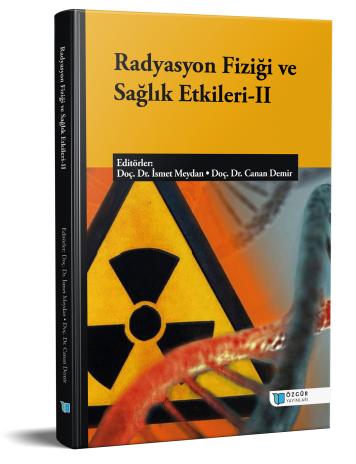
Commonly Used Radiopharmaceuticals and Clinical Indications in Positron Emission Tomography
Chapter from the book:
Meydan,
İ.
&
Demir,
C.
(eds.)
2024.
Radiation Physics and Health Effects II.
Synopsis
Nuclear medicine is a unique field of expertise with its complex structure that involves the application of radioactive drugs (radiopharmaceuticals) for diagnostic and therapeutic purposes. Nuclear medicine, which is among the clinical applications in medicine, is used noninvasively in the evaluation of many diseases with scintigraphic imaging methods. Radiopharmaceuticals consist of radioactive elements (radionuclides) that emit certain types of nuclear radiation (α, β, γ) and a biological carrier molecule that carries the radioactivity to the target organ. PET/CT imaging is a molecular imaging method used especially in clinical diagnosis, treatment planning, staging and follow-up in cancer cases, where tumor function and anatomy can be obtained together. The most advanced of the nuclear medicine imaging methods is PET, and radiopharmaceuticals prepared with positron source radionuclides are used in this method.
This study aims to provide general information about PET radiopharmaceuticals and their clinical indications, especially used in the fields of oncology, cardiology and neurology. In PET applications, the use of targeted radionuclides or pharmaceuticals combined with radionuclides delivers some radiation to the patient depending on their uptake-excretion mechanisms and usage doses. PET radiopharmaceuticals are prepared effectively and reliably in fully automated synthesis units with radiation safety, while unnecessary radiation exposure of personnel is also prevented.

